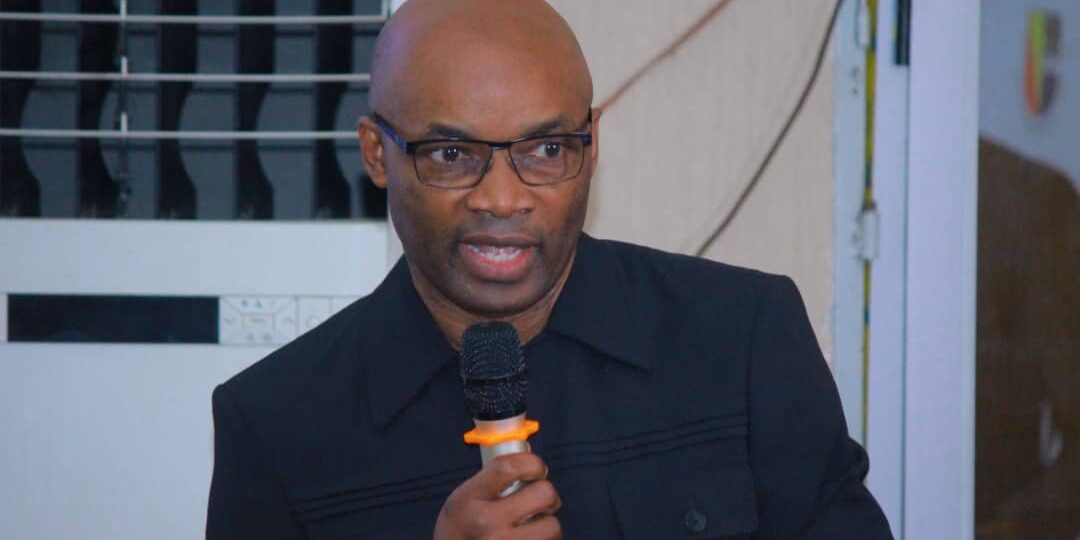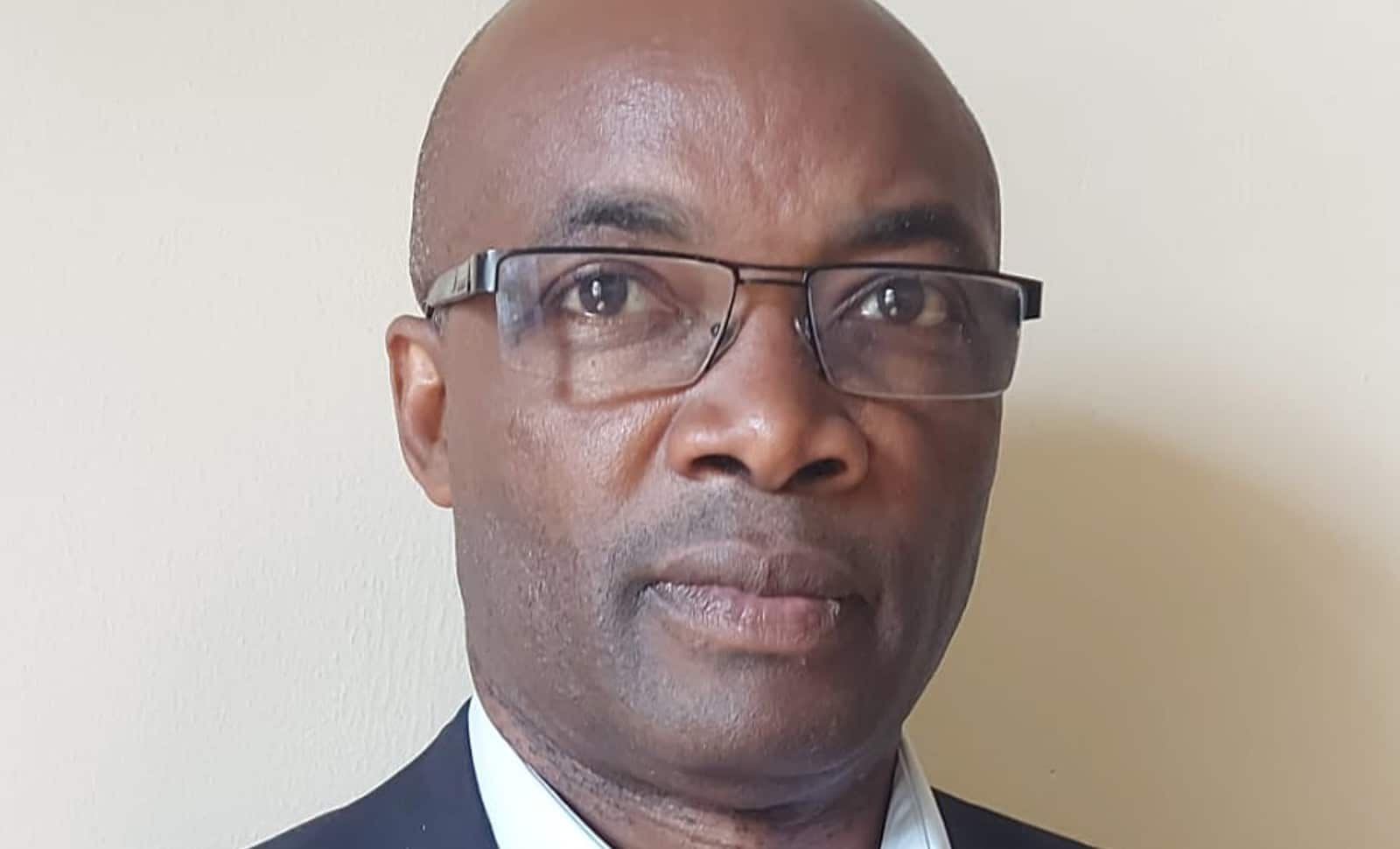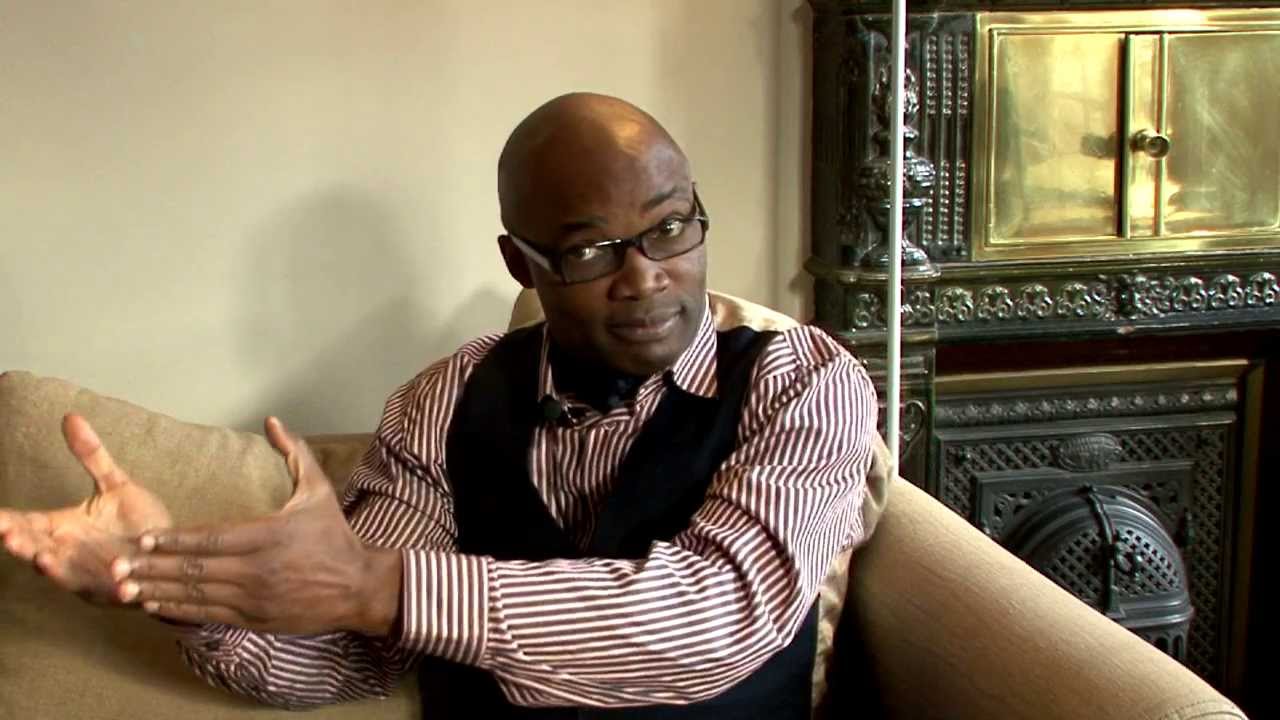Regional
Defenders of evil: Charles Onana's case

Charles Onana.
Cameroonian Charles Onana, a self-styled journalist and author, has been a darling of thr perpetrators of the 1994 Genocide against the Tutsi in Rwanda, for long, and he continues to vehemently and passionately deny the Genocide Against the Tutsi. His work whitewashes genocide perpetrators' crimes.
Onana’ s ‘research’ is open
racism targeting one ethnic group - the Tutsi. Onana has made genocide denial
and revisionism his career.
He is currently being
prosecuted for contesting crimes against humanity following a complaint filed
on October 21, 2020, by rights groups Survie, FIDH, and the Human Rights
League, targeting his book Rwanda, la vérité sur l'opération turquoise . This
trial will begin on October 7 at the Paris Tribunal.
To no one’s surprise, Onana’s
defendants, almost 30 individuals, in the trial are the people he shares the
same genocide ideology with, and who are evading responsibility for their
crimes during the 1994 Genocide against the Tutsi in Rwanda.
Top of the list of his
witnesses, are individuals who were prominent in the genocidal regime. These
include soldiers of the former Rwandan genocidal government army (ex-FAR) such
as Emmanuel Neretse, Emmanuel Habyarimana, Augustin Ndindiliyimana, and Faustin
Ntilikina.
After the 1994 Genocide against
the Tutsi, some of these individuals served in the new RPF-led government, but
after the realization that a new government of peace and unity was in place,
they fled the country and formed subversive groups like FDU-Inkingi, whose aim
is to destabilize Rwanda.
In his latest book, Holocaust
in the Congo, the Omerta of the International Community, Onana alleges that
‘faced with the offensive of the Rwandan Patriotic Front, Rwandan government
troops engaged in a systematic elimination of the Tutsi population, which then
led to the generalization of massacres’.
It is unsurprising that with
this reversal of responsibilities and the cancellation of the planning of the
crime, individuals from the ex-FAR, would gladly support Onana’s genocide
denial, which serves their agenda.
Among his other most trusted
witnesses in the trial are other soldiers, who were present during the 1994
Genocide against the Tutsi, part of the United Nations Assistance Mission for
Rwanda (UNAMIR), and French soldiers involved in Operation Turquoise.
Col Luc Marchall, Gen
Christian Quesnot, Gen Jean Claude Lafourcade, Gen Didier Tauzin, Col Michel
Robardey, Col Jacques Hogard, are all names on the long list of soldiers who
will take the stand to defend Onana.
All these soldiers were part of
the UN mission in 1994, which abandoned the Tutsi when the Genocide began.
Thousands of Tutsi could gather at the UN peacekeepers' base thinking the blue
helmets would protect them, but all these soldiers ordered their troops to
leave, and abandoned the Tutsi amidst machete and gun wielding Interahamwe
militia and government forces.
These men support Onana for he
wants to help hide their their complicity in the genocide. Their support of the
genocidal government that carried out the mass slaughter, and Operation
turquoise, is not something they want known by the public.
Onana’s book 'Rwanda, la
vérité sur l'opération turquoise' shows the denial of complicity, particularly
in relation to the French Operation Turquoise which allowed a safe passage of
the Rwandan genocidal forces and their propaganda tools such as Radio
Télévision libre des Milles Collines (RTLM) in Zaire, now the Democratic
Republic of Congo (DRC), instead of arresting the masterminds of the genocide.
It was therefore expected that
this revisionism, would be supported by former French soldiers who were in
Rwanda at the time.
Other individuals expected to
defend Onana are former prosecutors and lawyers of the International Criminal
Tribunal for Rwanda (ICTR), including Carla Del Monte, and Alison Turner. For
years, the Arush-based court was criticized for inefficiency despite its 16
judges, more than 800 staff members and a budget of nearly $100 million a year.
For years, these individuals
tried and sentenced the biggest masterminds of the 1994 Genocide, heard
hollowing stories of Genocide victims in their court rooms, yet, they still
chose to defend an individual like Onana, who describes the Genocide against
the Tutsi as "the drama of Rwanda".
The fact that most of his
defendants are known genocide deniers, Rwandan government detractors, most of
whom are genocidaires and their backers, no one should be surprised by
distortions in the trial.
Onana and his long list of supporters will always try to engage in revisionism and denial. But facts about the 1994 genocide against the Tutsi will never change.


.jpeg-20231006021513000000.jpeg)

